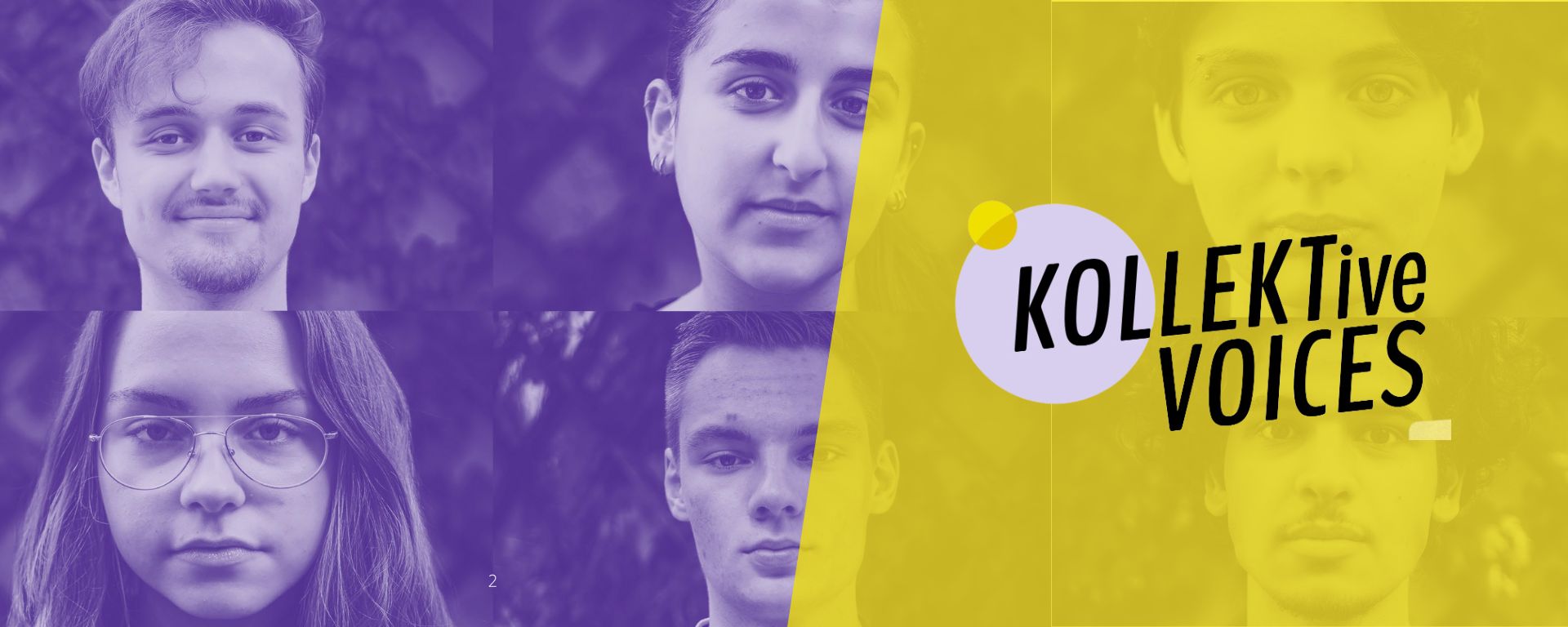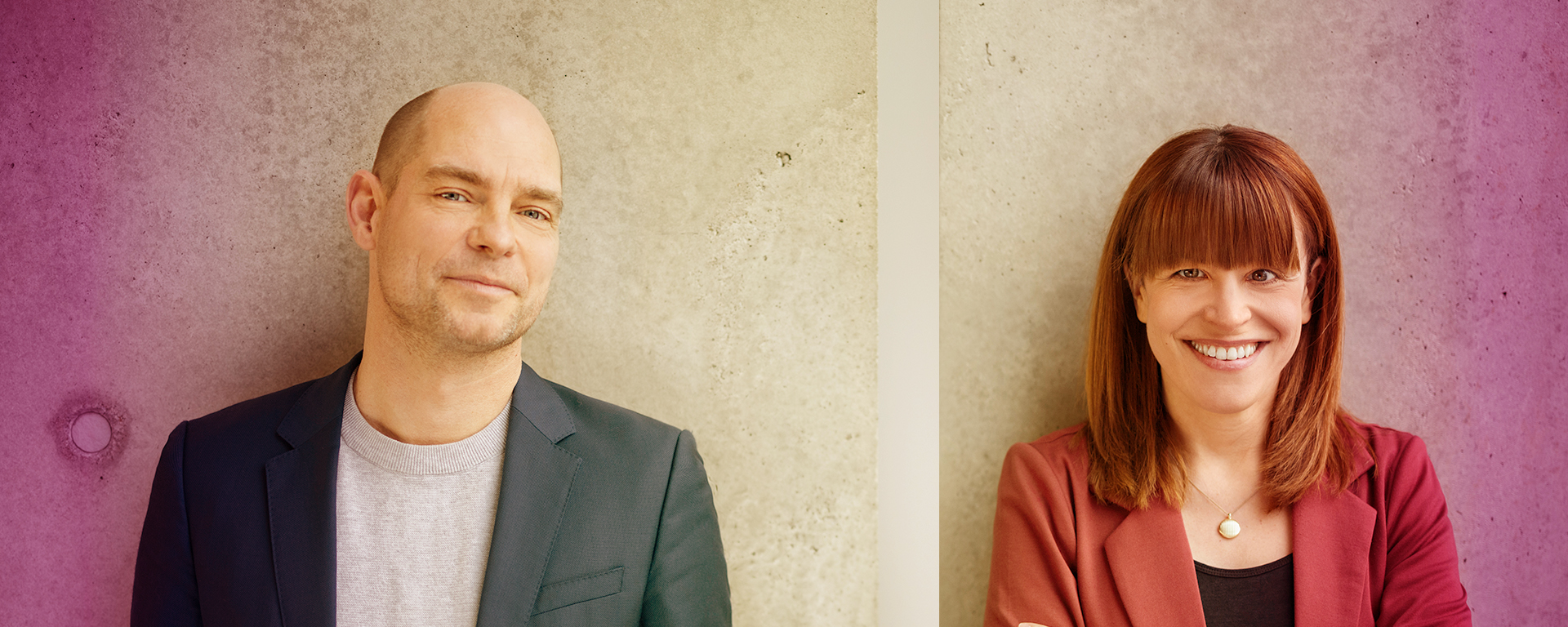Einsamkeitserfahrungen und Demokratiedistanz im Jugendalter
Fachtag am 5. März 2024 “Einsamkeit empfinde ich am ehesten, wenn ich mich nicht wahrgenommen oder verstanden fühle. Wenn ich versuche zu kommunizieren, dass es mir nicht gut geht, aber es scheint, als würde mich niemand richtig hören und versuchen, für mich da zu sein.” (J., 23 Jahre, Kollekt-Portal) Aussagen wie diese von Jugendlichen nehmen nicht zuletzt […]












